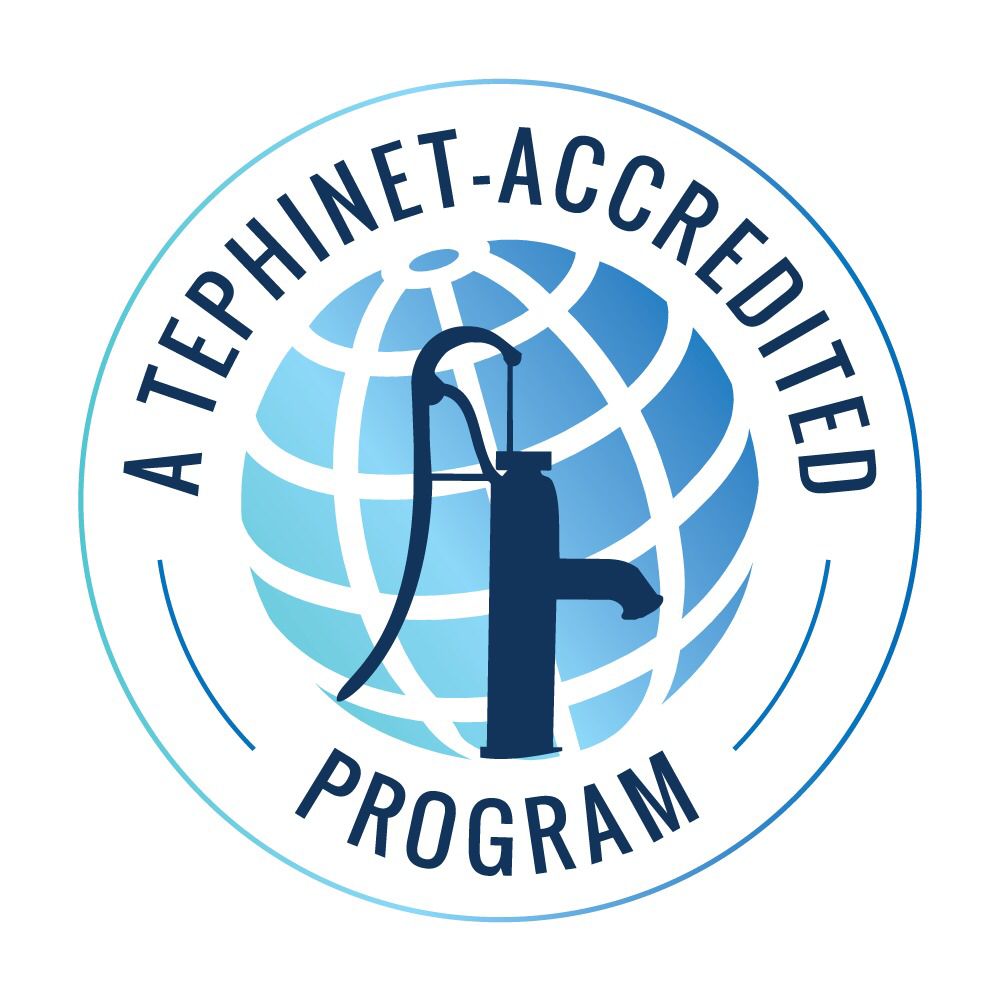Afghanistan’s National Institute of Health Earns International Accreditation from TEPHINET

The Ministry of Public Health’s National Institute of Health has achieved a remarkable milestone by securing international accreditation from the Training Programs in Epidemiology and Public Health Interventions Network (TEPHINET).
Through this accreditation, the Epidemiology Program of the National Institute of Health has earned global recognition, marking a significant advancement for Afghanistan’s health sector.
Established in 2018 under the National Institute of Health, the Afghanistan Field Epidemiology Training Program (FETP) is a service-oriented educational initiative. It equips central and provincial health personnel with practical skills in epidemiology, biostatistics, surveillance, health research, data management, communication, scientific writing, outbreak investigation, emergency response, immunization, vaccination, polio eradication, and other public health priorities through workshops and fieldwork.
The program comprises three tiers: basic (three months), intermediate (one year), and advanced (two years). To date, only the basic and intermediate levels have been implemented in Afghanistan.
So far, 154 professionals from various departments of the Ministry of Public Health have graduated from five rounds of the intermediate program and are now contributing to healthcare delivery and knowledge sharing across the country.
The basic-level phase, launched in 2024, produced 29 graduates, while the second phase—engaging 30 participants from the Immunization and Polio Programs—is nearing completion.
Globally, FETP program accreditation is conferred by TEPHINET through a rigorous process involving document review, interviews, and monitoring.
Accreditation is a meticulous evaluation based on international standards, demonstrating a program’s commitment to high-quality training and alignment with national public health priorities.
Afghanistan now stands as the fifth country in the Eastern Mediterranean Region—after Iraq, Egypt, Pakistan, and Morocco—to obtain TEPHINET accreditation for its intermediate-level FETP. The five-year accreditation represents a prestigious achievement for the nation’s public health system.
